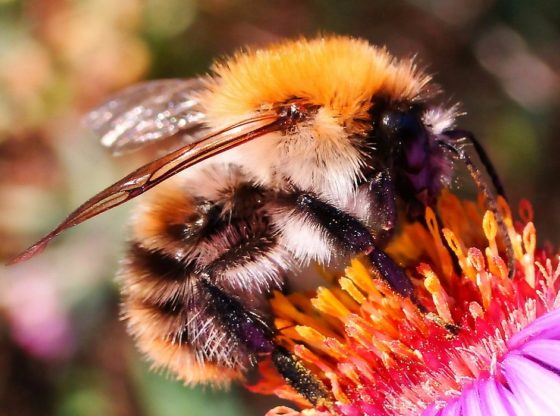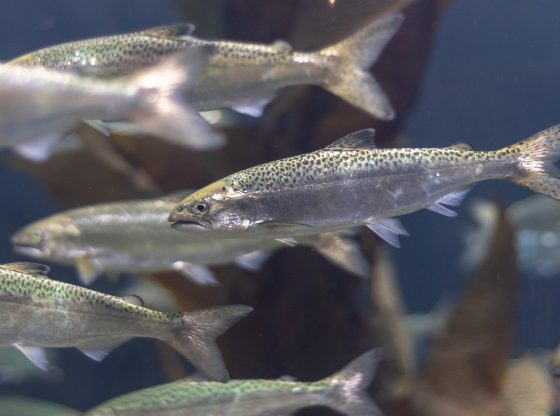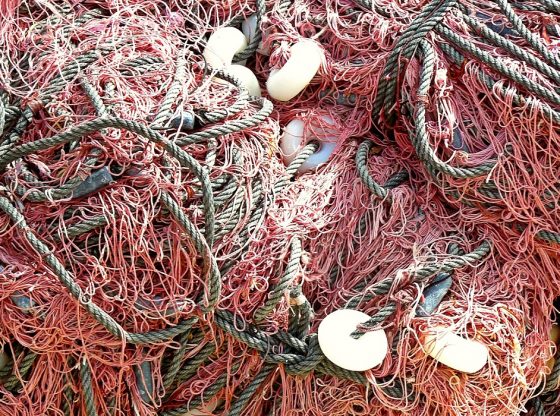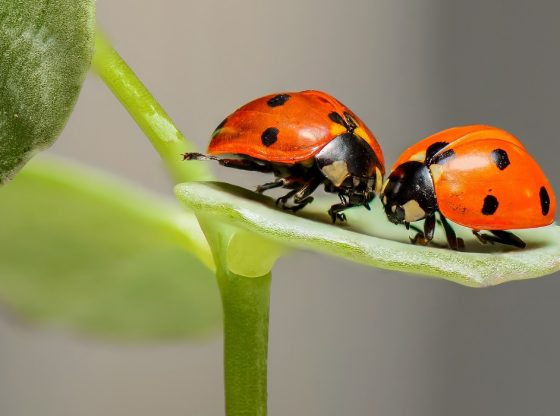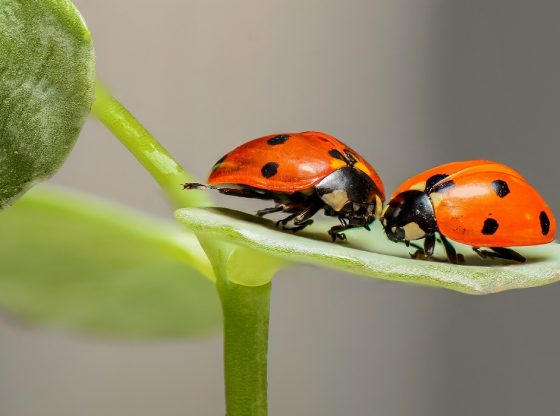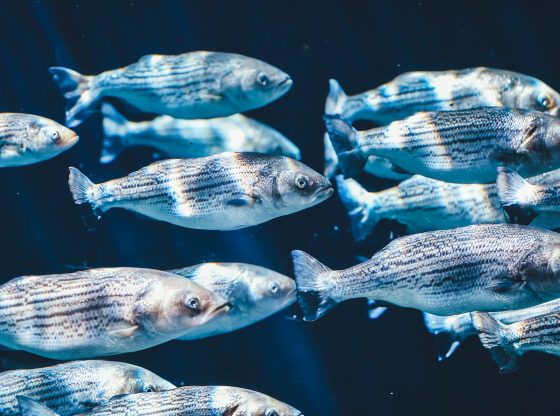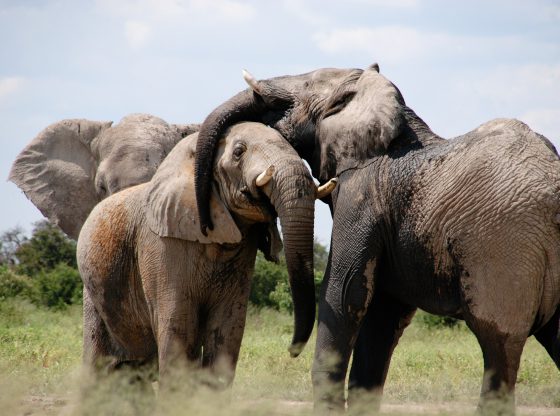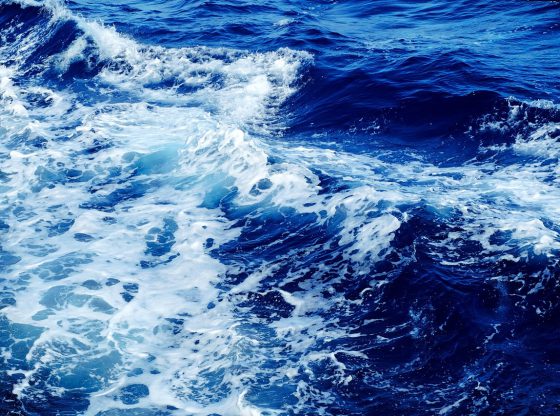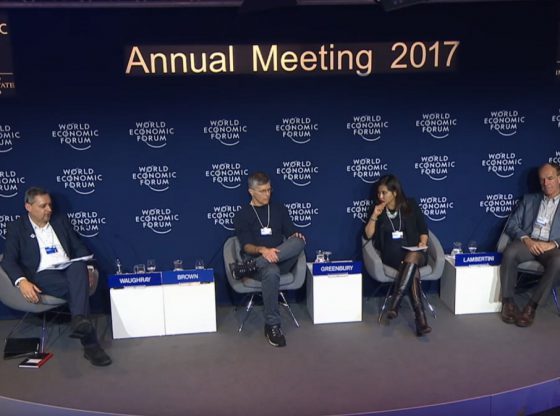The large-scale fishing that we humans are engaged in the oceans will collapse several large species of fish and mollusks, according to new research published in the journal Science.
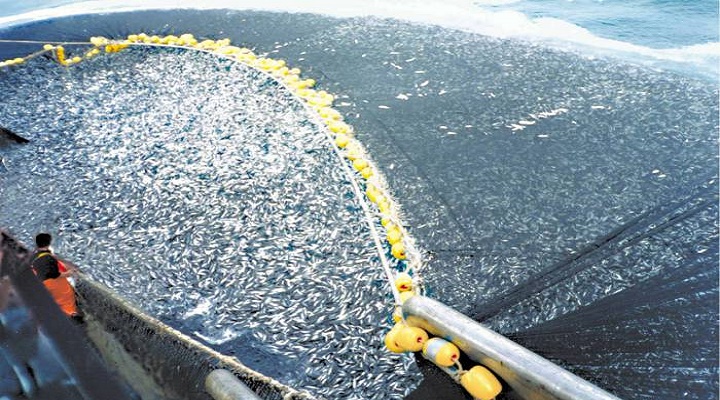
By examining nearly 2,500 species in the oceans today, and compared this inventory with fossil specimens, the scientists at Stanford University reach the conclusion that if we do not stop fishing at the pace we are now, many of the largest species in our oceans will go extinct.
This scenario applies to fish and mammals in the seas, but also large mollusks such as squid and octopus. Even if an entire species do not go extinct, the risk is that the largest individuals within the particular species will disappear, since these most often get stuck in large fishing nets.
That we are over-fishing the oceans of different types of fish and other animals is well known, but this study offers a novel perspective on the problem, using a large compilation that points out that the largest fish is at the highest risk.
The scientists make a comparison between our present over-fishing with other great mass extinctions during Earth’s history. Such as the asteroid that struck Earth and killed off the dinosaurs about 66 million years ago.
That asteroid impact made it virtually impossible for plankton and other small microorganisms to maintain a functioning photosynthesis. This meant that many animals that survived the impact found it difficult to find enough food.
Unlike that mass extinction, this present extermination is occurring on the other end: as the larger species are in danger of disappearing first, which in turn will inevitably impact the food chain within the next 100 years.
The comparison with an asteroid striking Earth is indeed telling, that the situation is derailing quickly and a great many species will disappear.
If we do not adapt and adjust to a more sustainable use of our oceans, it is not unreasonable to compare our actions with previous mass extinction events.
The article authors also lend further support to those who claim that we are now in a new epoch: The Anthropocene – an age when a man have a decisive influence on the Earth’s ecosystems.
Reference:
Jonathan L. Payne. Ecological selectivity of the merging mass extinction in the oceans. Science 2016, DOI: 10.1126 / science.aaf2416

